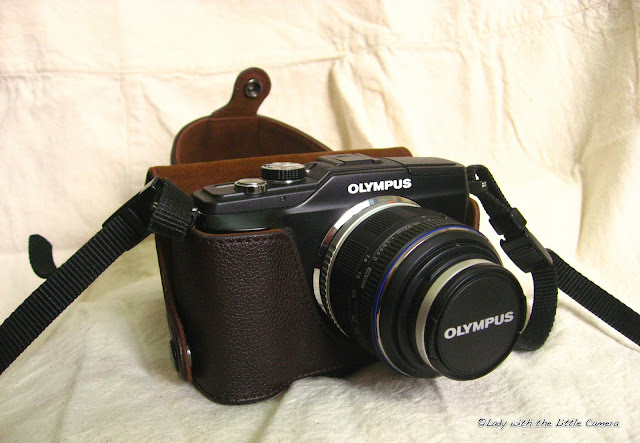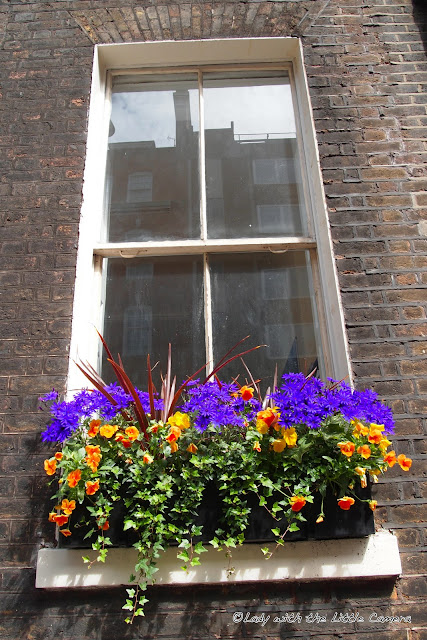Yeah, me too.
Problem with reading too much and having all the different specification comparisons is that you always want the best. "Oh, that camera only has 10 megapixels," or "this camera only takes 5 frames a second, compared with 10 fps." And reviews really can influence your views, especially when you're an amateur photographer who does not know or understand all the technicalities of photography, which describes me perfectly.
However, this particular review by Kirk Tuck really helped me decide on which camera suited me the best. Hence, I'd like to introduce to you my (not so new) camera:
 |
| My E-PL2 setup. |
- it's an interchangeable lense camera
- manual shooting modes
- not too heavy
- great quality pictures
- not too expensive (after all, money do not grow on trees)
I must admit, the deciding factor was really the size and weight of the camera. I love DSLR cameras. Still do. However, I was going on a 3 week vacation to Europe, and I knew that after a few days, I would get sick of carrying it and keep it in my backpack, never to see the light of day until the trip was over. On the other hand, I walked around with the E-PL2 around my neck for almost 12 hours each day during the trip and didn't feel inconvenienced at all by it's presence.
 |
| Taken in London near the British Museum. Photo wasn't meant to be tilted, but I kinda like how it turned out! |
Unfortunately it's so easy to get sucked into all the debates between those who are pro-dslr and those who are pro-micro4/3 cause it can get pretty confusing (just log onto the dpreview website and under the title "forum", choose "micro four thirds" and you'll see what I'm talking about). It's even more confusing for those who are not so fluent in the language of photography, or in the techniques, but who would like to improve. Here are some questions I asked myself that you may find helpful if you're looking to upgrade from a point-and-shoot:
- what will I be using the camera mainly for?
- how much am I willing to spend on the camera and accessories now, and in the future? (new lenses, flash etc)
- will the weight of a DSLR be an issue?
- do the extra mega-pixels, fps, etc REALLY matter?
- and if you are not a professional photographer and don't understand all the jargon like "metering" or "EV steps" etc, do you really need a professional DSLR?
Or you can think of it this way. You can improve your photography skills on a mirrorless camera that has the functions of a DSLR, but not the size. When you do improve become a professional, upgrade to a DSLR. Then you'll have both a DSLR and a more compact camera (for travelling, street photography etc). After all, many of the professionals who have the bigger cameras are getting mirrorless cameras for their personal use as well. =)
So all the best to all those in search for a new camera. I hope you found this at least a little bit helpful. It's a crazy world out there and I hope you find the camera that suits your shooting needs!
No comments:
Post a Comment